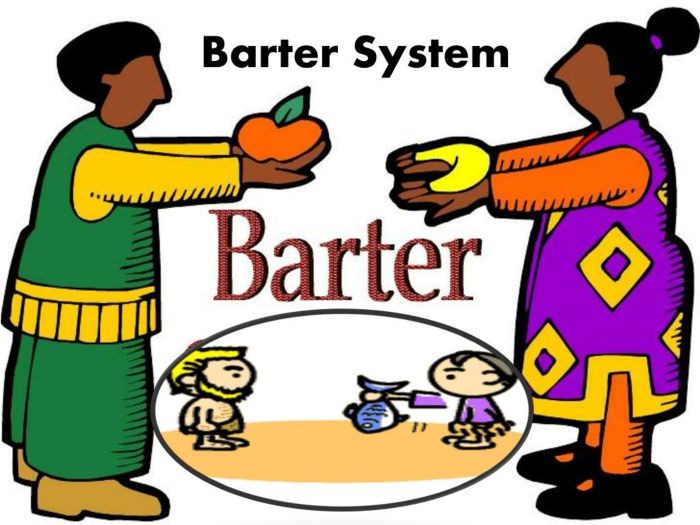International trade is fundamentally a ________________________. – As international trade is fundamentally a catalyst for global economic development, it takes center stage in this discourse, inviting readers into a realm of profound knowledge, promising an immersive and groundbreaking exploration.
International trade serves as a cornerstone of economic growth and prosperity, fostering specialization, enhancing efficiency, and creating a ripple effect that alleviates poverty and generates employment opportunities. Understanding its intricate dynamics is crucial for navigating the complexities of the globalized economy.
International Trade and Economic Development: International Trade Is Fundamentally A ________________________.

International trade is fundamentally a cooperative activity that allows countries to specialize in producing goods and services where they have a comparative advantage. This specialization leads to increased efficiency and productivity, which in turn contributes to economic growth and development.
Trade also promotes competition, innovation, and the diffusion of technology, further driving economic progress.
Trade and Economic Growth
Trade expands markets for domestic producers, allowing them to increase production and economies of scale. This leads to lower costs, increased productivity, and higher profits. Trade also provides access to new technologies, ideas, and products, stimulating innovation and economic growth.
Trade and Poverty Reduction
Trade can contribute to poverty reduction by creating jobs and increasing incomes. Exports create jobs in export-oriented industries, while imports provide consumers with affordable goods and services. Trade also promotes competition, which can lower prices and benefit low-income consumers.
Trade and Job Creation, International trade is fundamentally a ________________________.
Trade can create jobs both directly and indirectly. Direct job creation occurs in export-oriented industries, while indirect job creation occurs in supporting industries, such as transportation and logistics.
FAQ Insights
What is the primary benefit of international trade?
International trade promotes economic growth and development by facilitating specialization, increasing efficiency, and creating opportunities for poverty reduction and job creation.
How does comparative advantage influence trade patterns?
Comparative advantage dictates that countries specialize in producing and exporting goods and services that they can produce more efficiently, leading to mutually beneficial trade.
What are the potential drawbacks of trade barriers?
Trade barriers, such as tariffs and quotas, can restrict trade flows, reduce competition, and ultimately harm consumers and producers.


